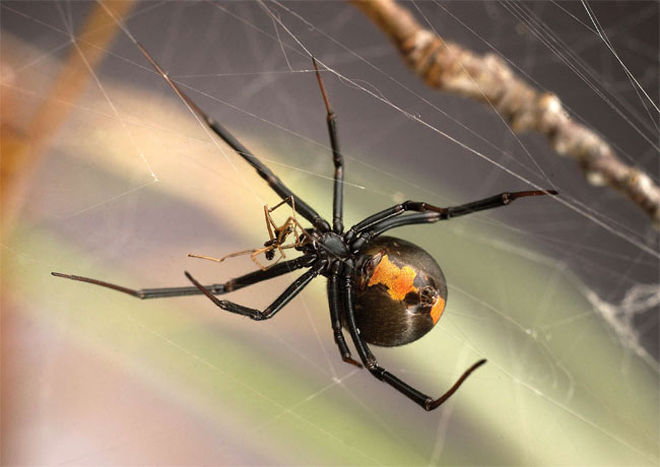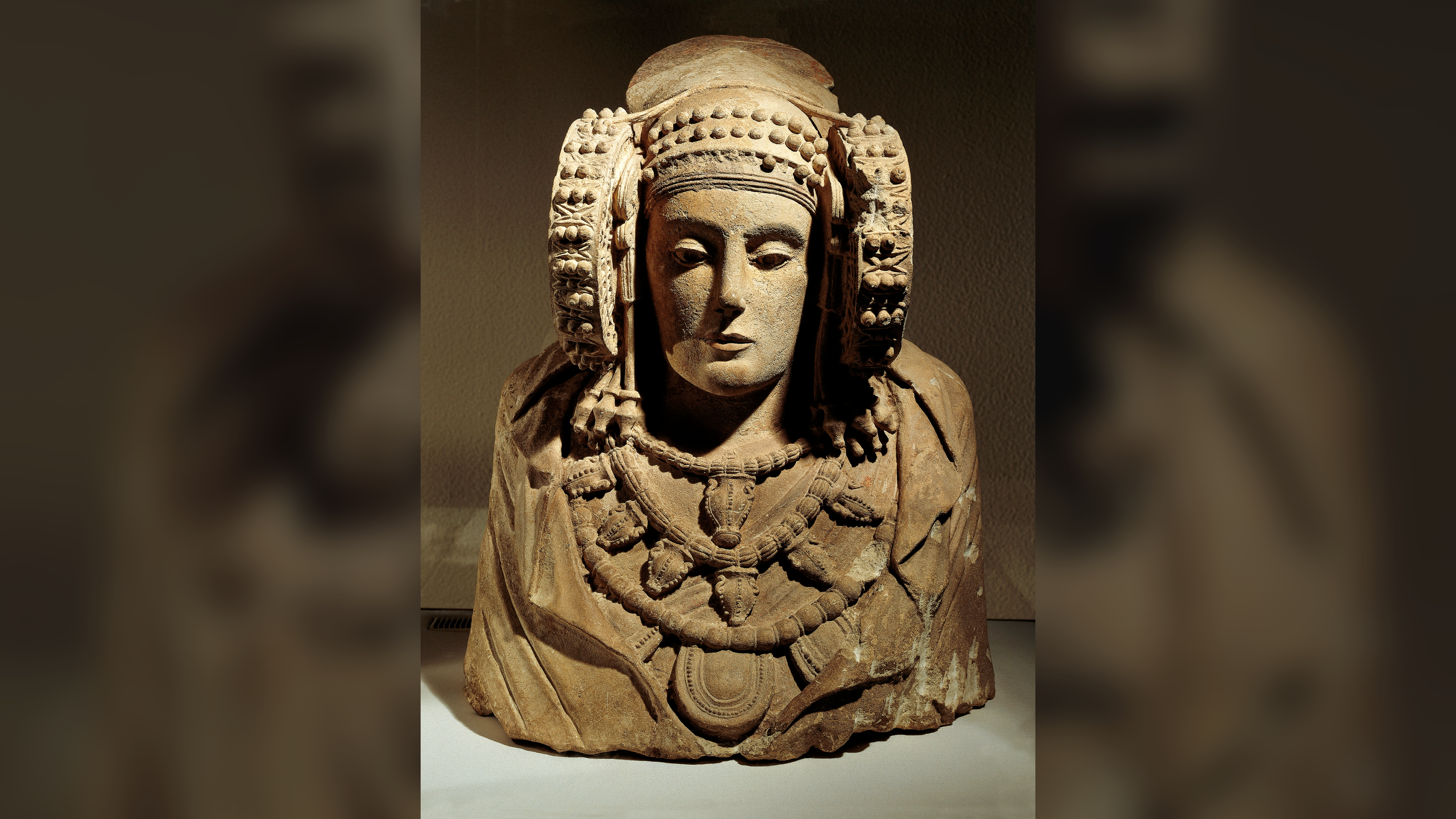Crikey! 'Unluckiest Man in Australia' Gets 2 Penis Spider Bites in a Year

Get the world’s most fascinating discoveries delivered straight to your inbox.
You are now subscribed
Your newsletter sign-up was successful
Want to add more newsletters?
Join the club
Get full access to premium articles, exclusive features and a growing list of member rewards.
An unlucky Australian tradesman wound up in the hospital this week for a spider bite on his penis — and it's the second time it's happened to him this year.
The 21-year-old was using a portable toilet on a Sydney building site Tuesday (Sept. 27), when he "felt the sting" that he was familiar with because of the previous incident, the BBC reported. In April, the man, Jordan (he did not reveal his last name), was treated for a redback spider bite, which was also on his penis and also occurred during a visit to a work site's portable toilet.
"After the first time it happened, I didn't really want to use one again," he told the BBC. But the "toilets got cleaned that day, and I thought it was my opportunity to go use one. Had a look under both seats, and then I sat down, did my business. Next thing you know, I'm bent over in pain."
Jordan was unsure of what species of spider bit him this time around, but redback spiders are venomous, and their bites can cause severe pain, sweating and nausea. Closely related to the black widow spider, redbacks are distinguished by their namesake trait: a long, red stripe on the abdomen.
Redbacks are relatively common in Australia, and about 2,000 people are bitten by these spiders each year, according to the Australian Museum. But to be bitten twice, on the penis, in less than six months, makes Jordan "the most unlucky guy in the country," he said. [5 Weird Effects of Real Spider Bites]
According to news reports, Jordan was treated for the bite and released in good health. However, spider bites have resulted in some bizarre side effects over the years.
In fact, one spider's venom contains a toxin that can induce erections. The Brazilian wandering spider's venom attracted the attention of the pharmaceutical industry for this effect. Another curious case of a spider bite resulted in necrosis, or tissue death, in a woman's ear after she was bitten by a brown recluse spider on vacation in Italy. Her doctor had to remove the tissue the venom killed and restore her ear with cartilage from her rib.
Get the world’s most fascinating discoveries delivered straight to your inbox.
Most spider bites result in nothing more than a red spot and some itching or swelling, and require only minimal treatment. But experts recommend safely recovering the spider or attempting to identify it in case medical attention is necessary.
Original article on Live Science.

 Live Science Plus
Live Science Plus










